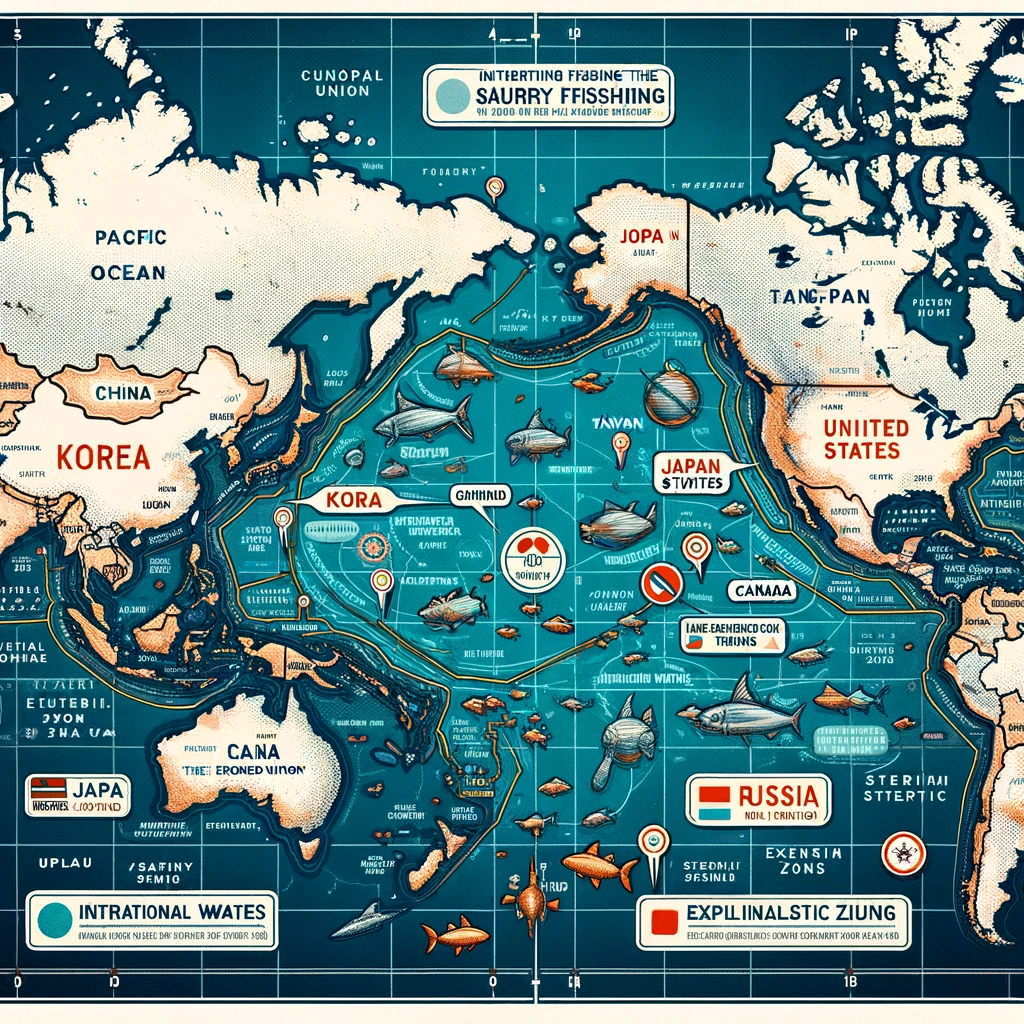Sustainable Fishing: A Closer Look at the New Measures
The NPFC has developed new management rules based on the current status of fish resources, which will reduce this year’s saury catch limit from 250,000 tons to 225,000 tons. This reduction is part of a broader effort to ensure the long-term sustainability of fish stocks in the North Pacific, amid concerns over declining populations due to overfishing and environmental changes.
International Cooperation in Fisheries Management
The agreement marks a significant step in international cooperation for the conservation of marine life. The NPFC, established in 2015, includes several major fishing nations such as the United States, Canada, the European Union, Russia, and Vanuatu. This diverse membership underscores a global commitment to responsible fishing practices across the North Pacific, a key area for marine biodiversity.
Future Negotiations and Global Impact

Further negotiations are expected among member countries to allocate individual catch quotas. These discussions are crucial for balancing national interests with the need to preserve marine ecosystems. The outcome of these negotiations will likely influence future international policies on fisheries management.
Conclusion
This reduction in saury catch limits is a proactive measure reflecting the growing global recognition of the need for sustainable management of marine resources. As countries continue to negotiate and refine their fishing practices, the health of the North Pacific ecosystem will serve as a vital indicator of the success of these international efforts.
Revolutionizing Retail: How AI-Powered ‘Eagle Eye’ Solutions Are Transforming Offline Stores
Hi, I’m [jeybee]. As a long-time resident of Seoul, I’m passionate about uncovering the authentic, everyday magic of Korea. This blog is my way of sharing my favorite spots, tips, and cultural insights with you, beyond the usual tourist traps.

